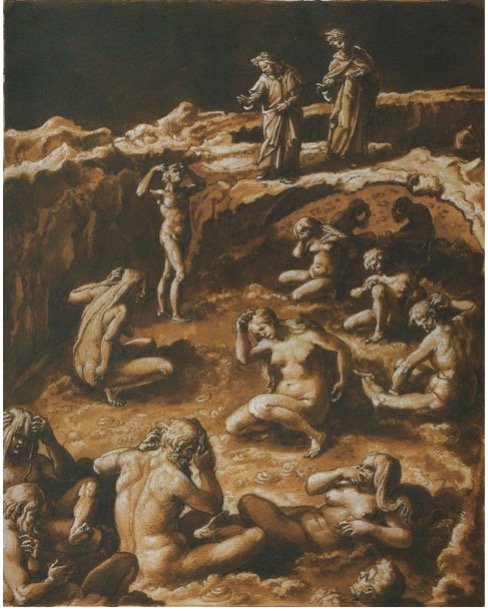
Beatrice took the initial leap into online dating six months after her divorce was finalized. “Irreconcilable differences” is the catch-all chasm into which most marriages fall. The details of her failed marriage were still fresh in her mind. The words they had used against each other still burned like a branding iron. The house she had built with timbers and dreams now sits empty while her world falls apart. The courage it took to make that first monumental leap into online dating filled her with equal measures of dread and courage. Fear at the vulnerability required to look for love again and courage because she had taken that tenuous first step.
The first few days were an amusing buffet of swiping, laughing, and swiping. Silently, it also played tricks on her fragile self-esteem. On one hand, it made her wonder if any man was out there with the characteristics she thought she valued. On the other hand, it bolstered her confidence as she realized how much better she deserved (and had always deserved).
And then Drew crossed her screen. On “paper,” he was everything any woman could ask for. He was successful, lived in Hawaii, owned his company, and had grown children. He said he was religious and read the Bible. Daily interactions followed their first tentative texts. He said all the right things and made her feel like the center of the world. He said he traveled often and had a friend who lived near Beatrice. Oddly, though, he could never visit his friend and meet with Beatrice. Something always came up. Always.
Then, with the help of her intrepid sister (who had snooping skills the NSA would find envious), she learned that much of what he had claimed could not be verified. His company website was filled with stock photos. The leadership team photos were lifted from other sites or modeling agencies. Two individuals were the same person, dressed differently! As she reread his texts, she realized they sounded canned, almost a cut-and-paste plug-in, as if he worked at a telemarketing company. “If they say this, you say this.” It was personalized just enough to be believable but cookie-cutter in every other respect. Beatrice then watched Tinder Swindler, the HBO documentary about grifters preying on vulnerable women to enchant them and then con them out of their money through an ever-tightening series of faked “catastrophic” events. The documentary might have been called Is This You, Drew?”
Beatrice was skeptical and confronted Drew. He denied everything as a coincidence and had a pat answer for everything. She broke it off, blocked him, and started swiping again.
Between the waves of single-minded men who, if you’ll pardon the pun, “exposed” their intentions quickly, Rick contacted Beatrice. Rick was shy, he said. The most recent book he had read was the Bible. His favorite movie was The Notebook. He was originally from Ukraine. Their conversations were cordial; he was kind, and he was fake.
Let’s break down some of the keywords and character traits in both Drew and Rick. They both considered themselves religious and read the Bible. Are spiritual women part of their target demographic? The Notebook might have been another trigger. How many men claim that as their favorite movie? Drew’s company was in Hawaii. Could he want prospective targets to project themselves in a relationship with him and envision being together in Hawaii? Rick claimed to be of Ukrainian descent. Is it possible he wanted to engender sympathy for his homeland from prospective targets?
It is hard enough to put yourself out there, online or in person. One must open oneself to potential heartbreak and ridicule. They must be willingly vulnerable and open themselves to possible pain. They should be celebrated for their courage (if they are online for the right reasons). To have someone target you as a victim of their financial ruse is unconscionable.

Dante Alighieri began writing his 14,233-line narrative poem in 1308. The first book, Inferno, has nine circles of hell. The eighth is reserved for the greedy. The eighth circle is called Malebolge or “evil ditches” in Italian. There are ten of these ditches or “Bolgia.” The first of these concentric trenches, arranged in a sloping grade or Bolgia I, is filled with seducers and panderers. They walk in two lines facing each other around the trench while being whipped by demons for eternity. Honestly, the damage to Beatrice’s self-esteem each time requires a much harsher penalty for me.
Beatrice deserves better. She deserves a real person. Somewhere, a man is looking for a partner, a real man looking for a real woman. His name is Virgil.

